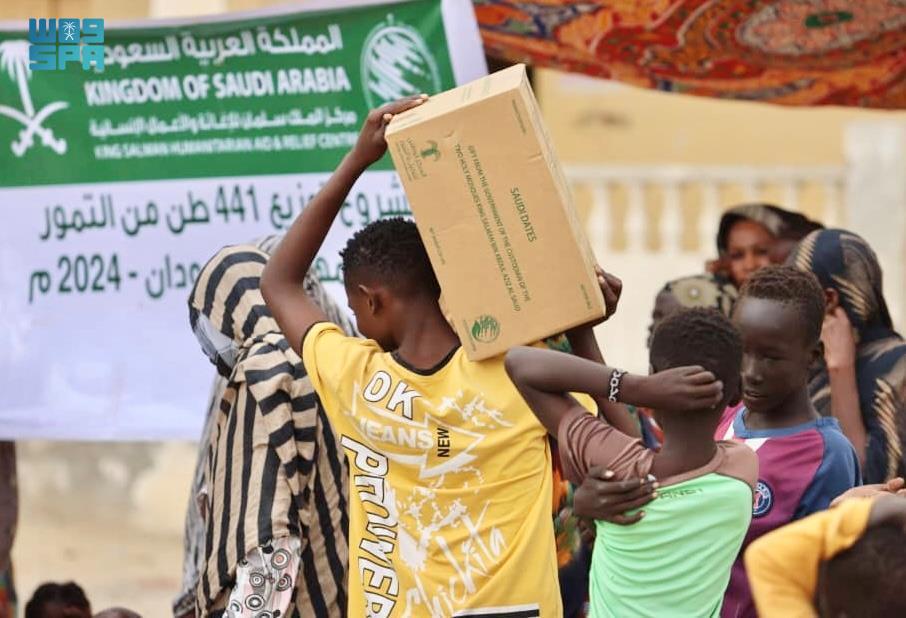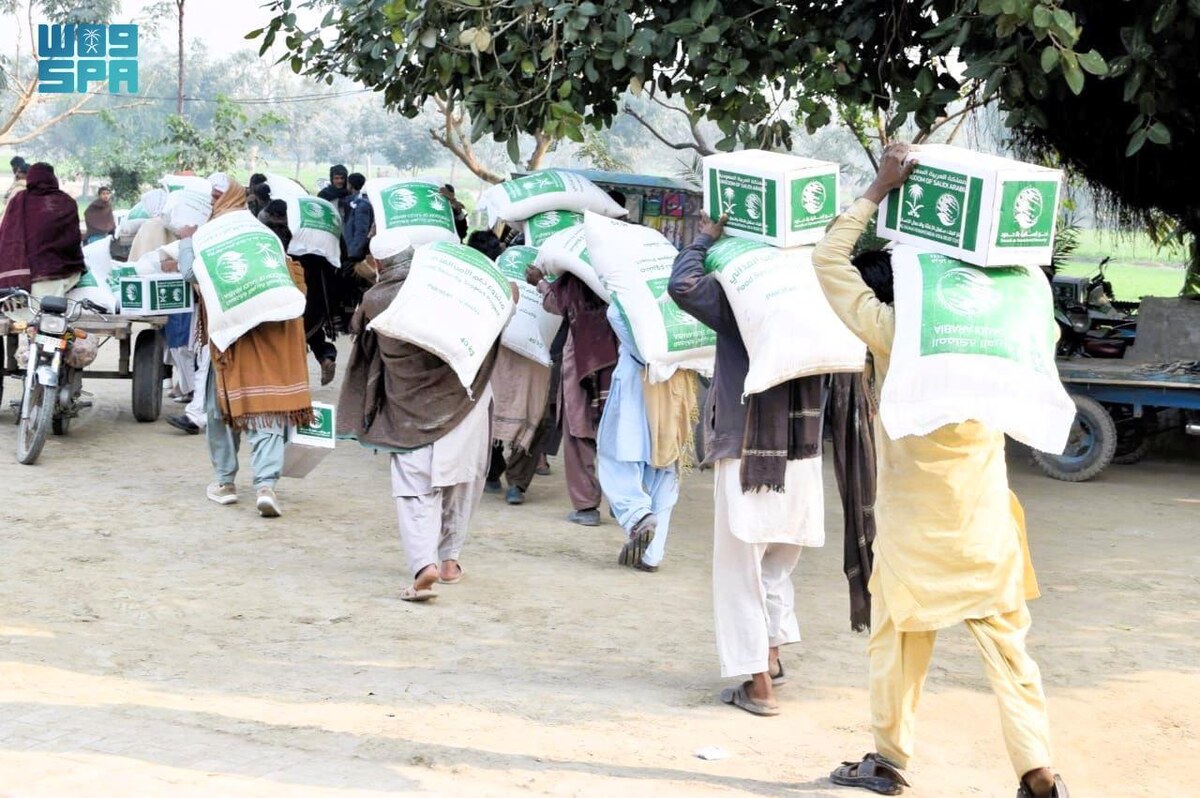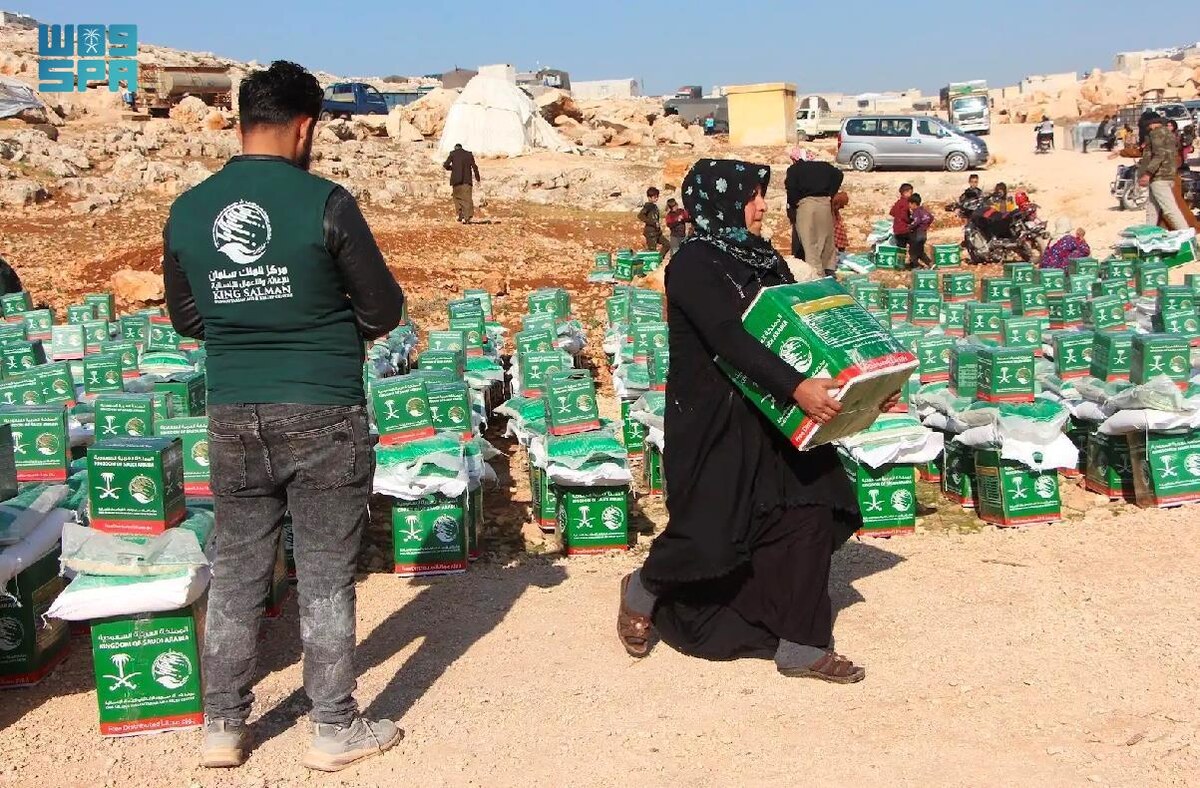RIYADH: Dana Al-Sulaiman, a professor at King Abdullah University of Science and Technology, is helping patients with chronic diseases by using biosensing platforms to identify biomarkers known as cell-free nucleic acids, including microRNAs and free DNAs.
This method aims to detect and characterize biomarkers for chronic and age-related diseases, the Saudi Press Agency reported on Wednesday.
Al-Sulaiman, the youngest female professor at KAUST, has conducted research that covers materials science, bioengineering and microtechnologies. This includes advances in the development of hydrogels, particles and microneedles to address urgent clinical needs, specifically early detection and monitoring of cancer and Alzheimer’s diseases.
Additionally, Al-Sulaiman focuses on the creation of miniature medical devices for non-invasive administration of vaccines and medicines through the skin.
Al-Sulaiman has developed an affordable and straightforward method for diagnosing cancer, using advances in nanomaterials and synthetic biomaterials, SPA reported. In this technique, biosensor technologies interpret test results from liquid samples, specifically urine or blood, into easily interpretable patterns of dots on a slide. These patterns can detect the presence of cancer.
The simplification and cost reduction of cancer detection techniques could pave the way for broader-scale testing, the SPA reported. Consequently, monitoring the patient’s disease and response to treatment becomes feasible, potentially contributing to an increase in the worldwide average human lifespan, especially in countries with limited access to adequate medical services.
Al-Sulaiman said that her ambition and next goal lie in the continuous development of technologies, transforming them into pioneering projects and high-end medical technologies to serve society and humanity. She aims to provide the healthcare sector with tools for the early and precise detection of many serious diseases, including cancer, while aligning with the Kingdom’s Vision 2030.
Al-Sulaiman’s goals also include becoming a pioneer in the MENA region and internationally in developing biosensing devices for disease diagnosis and precise medicine. The professor won the bronze medal in the UK’s national STEM for Britain competition and the Healthcare Technologies Award from the engineering and technology foundation during her doctoral studies.
The scientific discovery that marked her research career is the proposed strategy relying on nanopore technology to rapidly read clinical information from a patient’s blood sample, enabling early and swift cancer diagnosis. These innovative technologies provide affordable and non-invasive solutions that could benefit a larger number of patients.





























